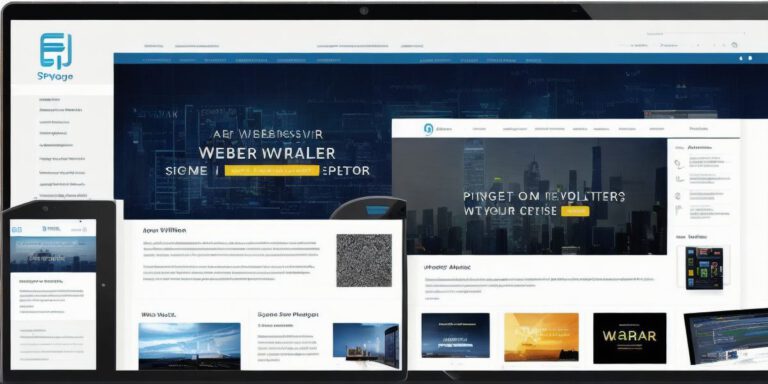Master Python Basics in Just One Month!

Introduction:
Python is a powerful and versatile programming language that has gained immense popularity in recent years. It is used for web development, data analysis, machine learning, and more. If you are looking to learn Python but don’t have much time, this article is for you. In this article, we will guide you through the process of mastering Python basics in just one month. We will cover everything from basic syntax to advanced techniques. So, let’s get started!
Part 1: Basic Syntax
Before diving into advanced techniques, it is essential to have a solid foundation in Python syntax. In this section, we will cover the basics of Python syntax such as variables, data types, control structures, functions, and loops. We will also provide real-life examples to illustrate these concepts.
Part 2: Libraries and Frameworks
Python has a vast library of modules that make it easier to perform various tasks. In this section, we will cover some popular Python libraries such as NumPy, Pandas, Matplotlib, and Scikit-learn. We will also provide real-life examples of how these libraries can be used.
Part 3: Advanced Techniques
Now that you have a solid foundation in Python basics, it’s time to move on to advanced techniques. In this section, we will cover topics such as object-oriented programming, decorators, generators, and asyncio. We will also provide real-life examples of how these techniques can be used.
Conclusion:
In conclusion, mastering Python basics in just one month is possible with the right approach. By following the guidelines outlined in this article, you can gain a solid foundation in Python syntax and advanced techniques. Remember to practice regularly, and don’t be afraid to ask for help if you get stuck. With dedication and hard work, you can become a proficient Python developer in no time!
FAQs:
Q: How long does it take to learn Python?
A: While it is possible to learn the basics of Python in just one month, mastering the language takes time and practice. It’s essential to keep practicing and learning new concepts to become proficient in Python.
Q: What are some popular Python libraries and frameworks?
A: Some popular Python libraries and frameworks include NumPy, Pandas, Matplotlib, Scikit-learn, Django, Flask, Pygame, and Tkinter.
Q: Can I use Python for data analysis and machine learning?
A: Yes, Python is a popular language for data analysis and machine learning. Libraries such as NumPy, Pandas, and Scikit-learn make it easier to perform these tasks in Python.








